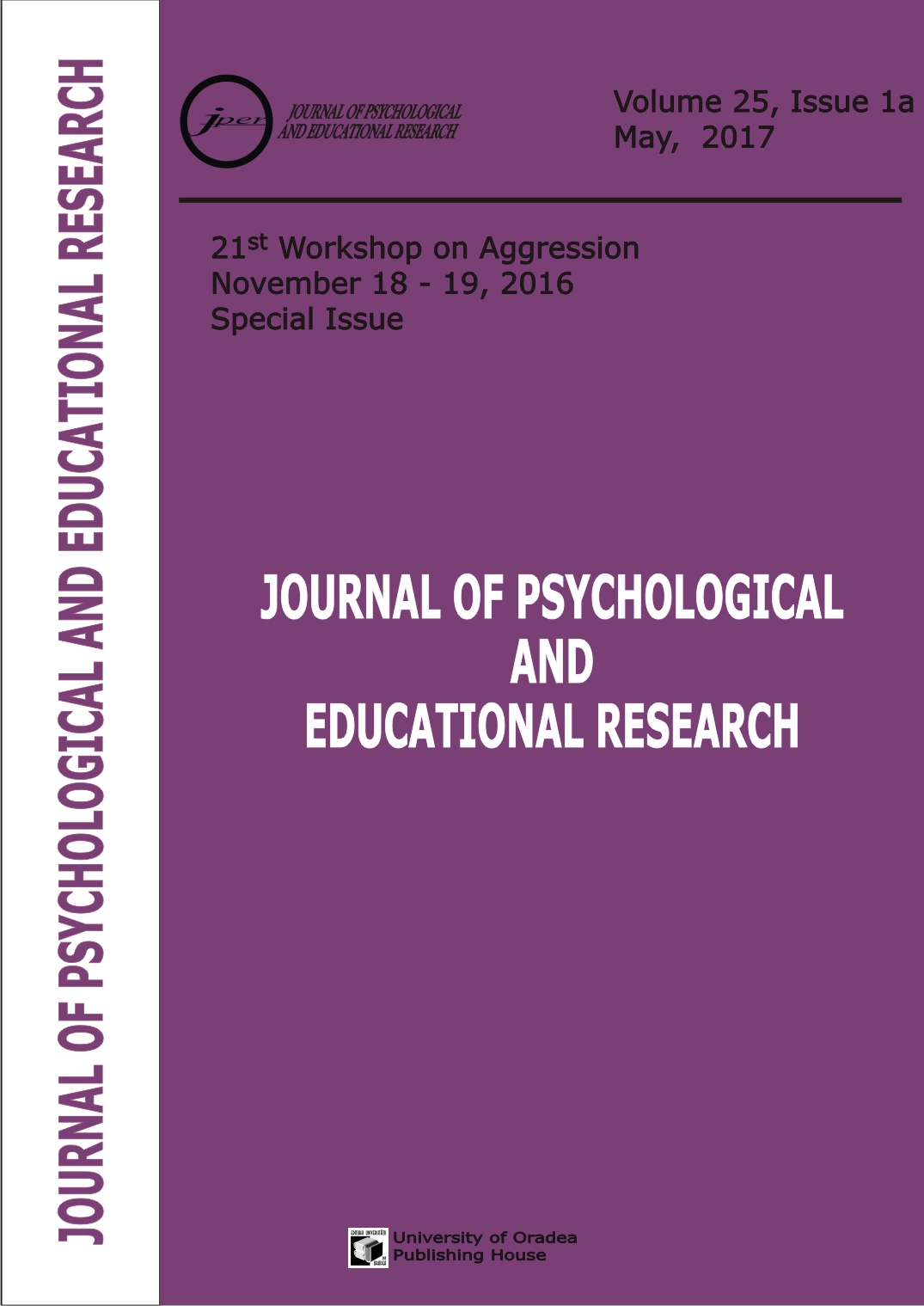Functions of aggressive behaviors – implications for interventions
Functions of aggressive behaviors – implications for interventions
Author(s): Ioana Dârjan, Mihai Predescu, Mihaela TomițăSubject(s): Psychology
Published by: Editura Universitatii din Oradea
Keywords: aggressive behavior; functions of behavior; LSCI;The same type of aggressive behavior may have totally different underlying motives and functions. The main functions of all human behaviors assessment
Summary/Abstract: The same type of aggressive behavior may have totally different underlying motives and functions. The main functions of all human behaviors are attention seeking, power exhibition, revenge or retreat. In the light of behavior management efficacy, it is crucial to identify what function a manifested behavior responds. The same symptomatic behaviors may have completely different emotional fuel: fear, anger, joy, or sadness. If we, as professionals, assess a kid/students behavior merely based on its overt manifestations, and we fail on accurately identify its main function, we might risk implementing ineffective intervention strategies. That is why we have to conduct an expert clinical interview, develop attentive functional behavioral analysis, based on direct observation and discussion with the main subject (author) of the undesirable/conflictual events. In this paper, we will present the process of clinical interview and the building of conceptual framework of different self-defeating behavioral patterns (based on their specific beliefs, emotional states, and behavioral manifestation), developed through Life Space Crisis Intervention (LSCI) Method. We will present the diagnostic stages and the criteria for six patterns of self-defeating behavioral patterns identified in LSCI Method.
Journal: Journal of Psychological and Educational Research (JPER)
- Issue Year: XXV/2017
- Issue No: 1 add
- Page Range: 74-91
- Page Count: 18
- Language: English

